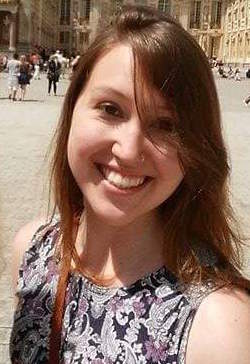RHA proposes Gender Inclusive Housing Initiative
December 5, 2014
Imagine when you first arrived at Case Western Reserve University, when everything was new and you didn’t know what to expect. One of the first people you met was probably your roommate, and for the first few days you explored CWRU together. If your orientation groups were put together by floor, you saw your roommate and floormates all the time during your first week here.
For gender neutral or gender non-conforming students, there often is no roommate or floormates. Usually, they are isolated from the rest of the students in their dorm by being put in a first-floor single because the residence halls don’t provide a gender option they identify with. If they don’t live on the first floor, Victoria Robinson, executive president of the Residence Hall Association (RHA), says they usually still live in a single.
After their first year, students are allowed to live in coed suites, so changes the initiative proposes would only be minor. Currently, if students cannot fill their suite, they must be unisex so that someone of the same sex can opt into it. Under the Gender Inclusive Housing Initiative, this is no longer a requirement.
RHA has been working with the LGBT Center on this initiative, and many students have shared their thoughts on the new housing possibility.
Some asked what the roommate policy would be for cisgender (one whose biological sex and gender identity/expression are in social alignment) students that are open to living on the gender inclusive floors. Robinson says that such students could choose to live with other cisgender students on the floor, but that everyone would have options to live with any gender.
RHA has also advocated for changing the labels on the bathrooms from unisex to gender neutral.
“Language has an impact,” said Robinson.
According to Shemariah Arki, interim director of the LGBT Center, students have previously shown concern at the lack of gender inclusive housing options at CWRU.
“Many of the students who express frustration center their concerns around safety for students who identify as genderqueer, gender neutral or gender non-conforming,” she said. “[Gender inclusiveness] is something we’ve been working on for a while.”
Work on the initiative began last May at the national RHA conference. Various schools were talking about what they were doing to promote gender inclusiveness, and Robinson was inspired to bring these policies to CWRU. Currently, RHA is trying to measure student interest on the policy.
“This initiative helps to move the overall mission of the university (Think beyond the possible) forward while creating a community of scholars where everyone is connected, respected and valued,” said Arki.


